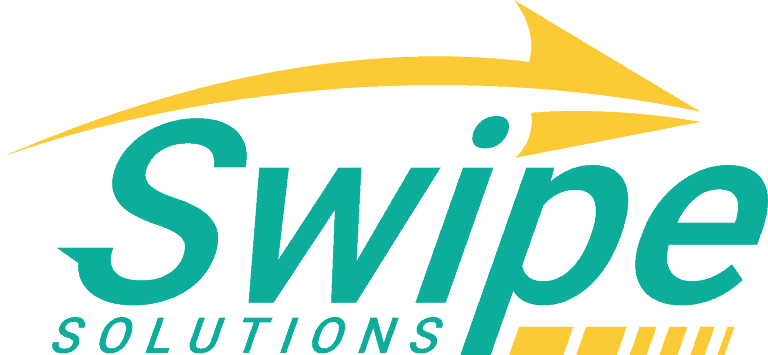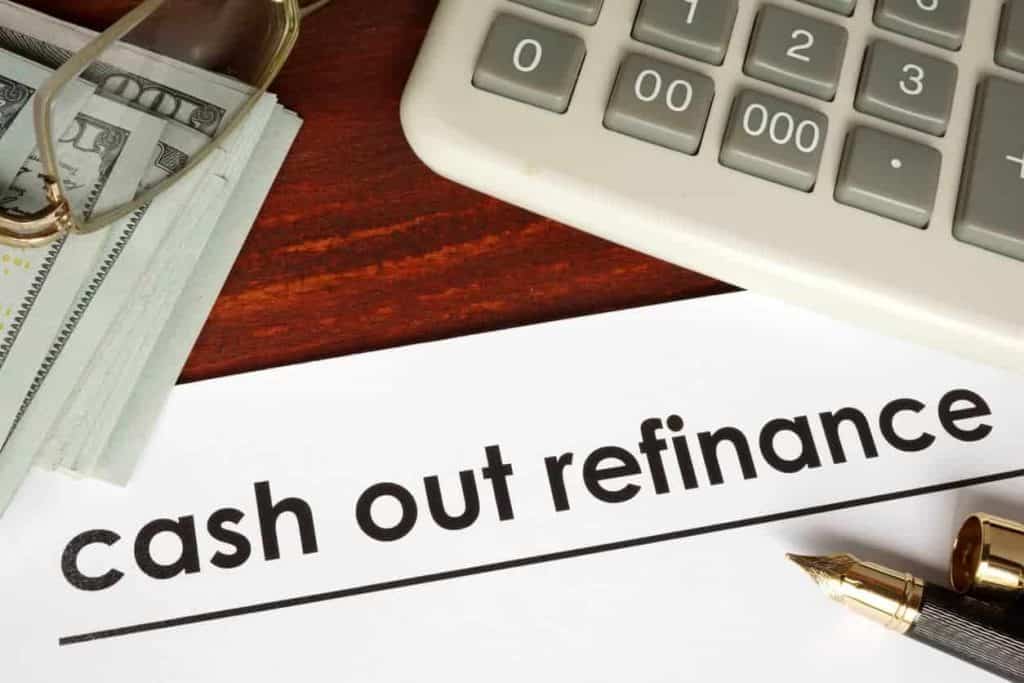When is a Cash-Out Refinance a Good Option?
Many personal finance gurus endlessly tout the benefits of living completely debt free. While never resorting to debt may be a solid goal for many people, life often simply gets in the way. For others, the judicious use of debt to reach financial goals, while carrying some risks, can make a lot of sense, especially when the debt being used is well understood.
A cash-out refinance is a powerful financial tool that is available to millions of homeowners
One of the smartest ways to strategically use debt in order to improve your financial situation is through the use of a loan called a cash-out refinance. A cash-out refinance is simply a new mortgage that allows you to tap into the equity in your home while often simultaneously lowering the interest rate on your mortgage. Cash-out refinancing is an excellent way for those who have built significant equity in their homes to get a low-interest-rate loan that can be used for home improvements, paying down debts or freeing capital up for more lucrative investments. These refinanced mortgages are a form of secured personal loan, with your home acting as the collateral. As a result, nearly anyone with a credit score over about 600 will be eligible for some form of cash-out refinancing. However, those with the best credit scores will often have access to the lowest interest rates.
How can cash-out refinancing help me pull cash out of my home?

With so many different personal loan options to choose from, you may be asking, “Why should I specifically go with cash-out refinancing and pull cash out of my home?” This becomes an especially pressing question if you have decent to good credit and know that you can qualify for high-dollar, low-interest personal loans. But the simple fact is that, for many homeowners who have built significant equity in their homes, cash-out refinancing will provide the most money for the lowest rates. If you are like most Americans, then your home probably represents the vast majority of your net worth. At the same time, you may be experiencing cash shortfalls, which may lead to the accumulation of high-interest unsecured debt like credit cards. You may also be concerned about diversifying your portfolio and pursuing investments in productive assets.
A realistic example
To make things clearer as to how cash-out refinancing works, let’s look at a typical example. Say that a homeowner bought their residence in 2010 for $200,000, towards the bottom of the housing market. If their case is typical, that means that their home will be worth about $312,000 today. Let’s also say that this homeowner originally took out a typical $150,000 mortgage, which carried an interest rate of 6 percent. This means that, today, the homeowner will owe about $128,000 on their mortgage. But the home’s total value has appreciated to $312,000. So, the homeowner’s total equity will be $184,000, a serious stack of cash.
Cash-out refinancing will let you access most but not all of your equity
Like home-equity lines of credit, home-equity loans and other forms of home-backed secured financing, lenders will typically only lend against around 75 percent of the home’s value. So, in the above scenario, our homeowner would typically be able to borrow against 75 percent of their home’s value, which would be $234,000. Since they still owe $128,000, this means that the maximum loan amount that most lenders will extend them would be $106,000. This is still enough money to make a crucial difference in the finances of someone who may be experiencing difficulty or who needs the money for high-return investments.
Cash-out refinancing may be the most powerful financial tool at your disposal
We just saw how a very typical homeowner could immediately raise six-figure amounts from refinancing their home, simply by tapping into the equity that they have built due to paying down their mortgage coupled with the median appreciation rate for American homes since 2010. While some markets may not have experienced the same appreciation levels that we have used in the example, others may have experienced far more. And if the home that was used in the example had been originally purchased for $400,000, rather than $200,000, the maximum loan available to the homeowner would have doubled.
How much can you get out of your home from cash-out refinancing
Every homeowner’s situation will be different. However, there are many online tools that will give you an excellent idea of what kind of loan you might expect from cash-out refinancing. The biggest wildcard is what your home’s appraised value will actually turn out to be. While sites like Zillow can provide a relatively accurate picture of what your home might be worth, they may at times be wildly inaccurate. Checking with a local real estate professional can be a great way of getting an accurate idea of how much your home might truly be worth. Remember that when you apply for a cash-out refinancing loan the lender will probably hire a professional real estate appraiser to determine your home’s value. And that value will frequently be quite different from online estimates or tax appraisal values. That said, in determining how much you could benefit from cash-out refinancing, the following factors make it more likely that you will be able to potentially tap into serious money:
- Owing less than 60 percent of your home’s value in mortgage principal.
- Living in a housing market that has experienced strong appreciation.
- Having a home that is worth more than $300,000.
- Having a good to excellent credit score.
Not meeting any of these criteria does not mean that a cash-out refinance will not generate the cash you need. But if any of the above points match your situation, it is likely that you are sitting on an untapped gold mine that could easily extend deep into the six-figure range.
When does cash-out refinancing make sense for you?
Personal finance is not rocket science. But contrary to what many gurus repeat, it isn’t always simple, either. Blanket assertions that you should never use cash-out refinancing to pay down credit card or other high-interest unsecured debt are simply not accurate. Likewise, there are exceptions to the idea that tapping into your home’s equity for home-improvement is always the right move. The fact is that your individual circumstances need to be carefully considered, including your risk tolerance as well as the costs and benefits of using cash-out refinancing to meet your financial goals. Because everyone’s financial situation is unique, I cannot provide a comprehensive list of when using cash-out refinancing will be a smart play. However, any of the following is a strong indication that cash-out refinancing will be a smart and profitable move:
- You have nearly all of your wealth tied up in your primary residence. Homes are non-productive assets whose appreciation is limited by affordability. This means that investment in income-producing properties, equities and even bonds will be expected to earn far higher long-term returns than residential real estate. It is generally a poor investment strategy to have significant wealth allocated to a personal residence.
- You have large amounts of high-interest unsecured debt and steady income. Contrary to the advice of some personal finance gurus, using the often extremely low cash-out refinancing interest rates to completely get rid of high-interest debt can make great sense if you have stable income. Five- or even four-figure debts at 30 percent interest rates can push you into insolvency with frightening speed. And even in the event of deep default on your refinance, the chance that you’ll lose your home is actually very low.
- You need to complete a home-renovation project with an estimated positive rate of return. Aside from greatly improving your quality of life, a top-end kitchen, bedroom or master bath remodel can instantly add significant value to your home, paying for itself and generating two- or three-digit returns.
This is by no means a conclusive list. As a rule, if you have a project or investment that you believe will generate positive returns, cash-out refinancing is likely to be a very smart way to generate the needed capital. At the same time, it should be noted that using cash-out refinancing to invest in depreciating assets, such as cars, boats or vacations, is almost always a bad decision.
Conclusion
For most Americans, their home represents, by far, their single most valuable asset and the source of most of their wealth. However, many homeowners with hundreds of thousands of dollars in home equity are often cash poor, living paycheck to paycheck or holding high amounts of usurious unsecured debt. At the same time, residential real estate is a non-productive asset that, over the last 30 years, has been massively outperformed by equities, income-producing real estate and even some bonds. Cash-out refinancing enables everyday people to pursue sophisticated and high-yielding investment strategies that would otherwise be inaccessible to them.



